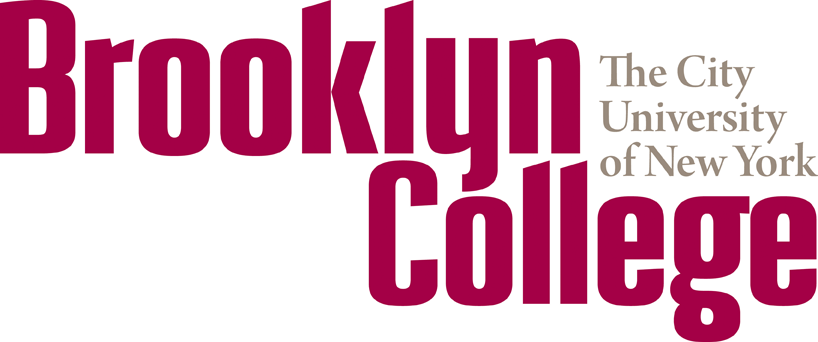
Publications and Research
Document Type
Article
Publication Date
Fall 10-15-2015
Abstract
This article explores the critical role of school leaders in language policy change, and specifically in shifting their language education policies and practices from monolingual to multilingual. We examine the process of language policy change in three schools that were involved in a project aimed at increasing the knowledge base of school leaders about bilingualism and language learning, and which required that participating schools use bilingualism as a resource in instruction and cultivate a school-wide ecology of multilingualism. The project encouraged translanguaging pedagogical strategies that engage the entire linguistic repertoire of emergent bilinguals flexibly. Our findings demonstrate that the school leaders made significant language policy changes that included structural changes in programming and pedagogy as well as ideological changes in adopting more favorable approaches towards emergent bilinguals and their languages. A significant finding to emerge is that shifts within schools were associated with changes in school leadership structures from hierarchical to collaborative, wherein principals widened school leadership to be shared among multiple official and unofficial leaders. This paper contributes to the field of language policy by providing a portrait of how school-wide policies favoring multilingualism influence leadership ideology and structures.
Included in
Bilingual, Multilingual, and Multicultural Education Commons, Curriculum and Instruction Commons, Educational Leadership Commons, Educational Methods Commons, Language and Literacy Education Commons, Teacher Education and Professional Development Commons


Comments
This article was originally published in Language and Education, available at DOI: 10.1080/09500782.2015.1093499